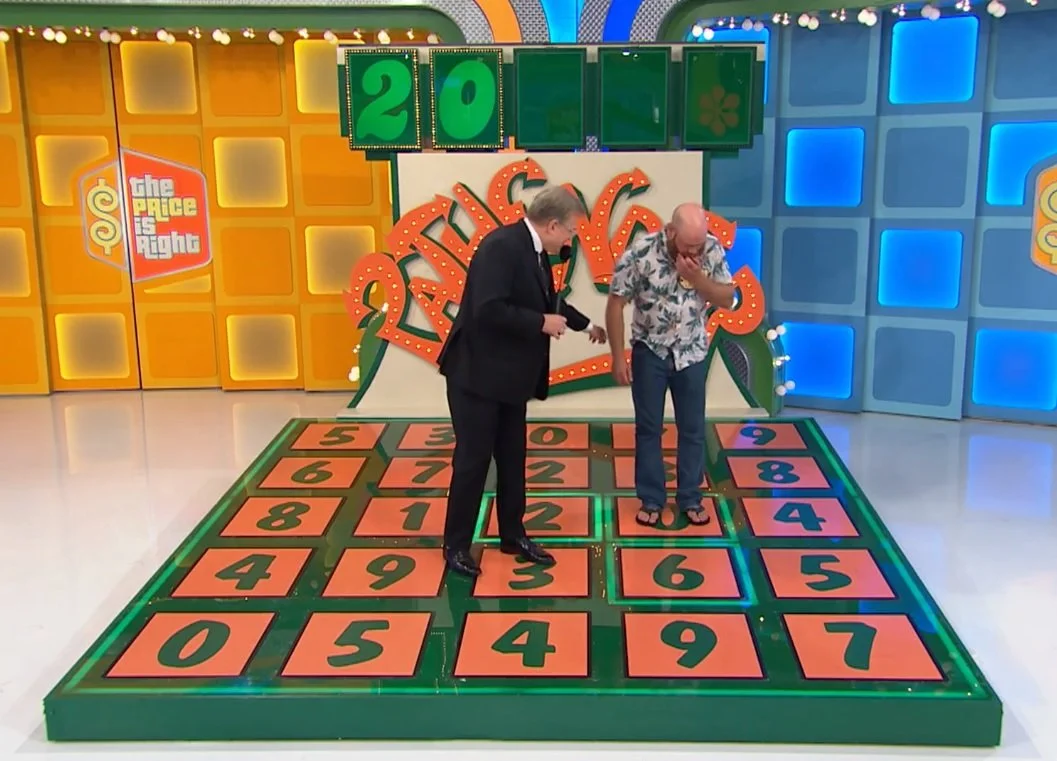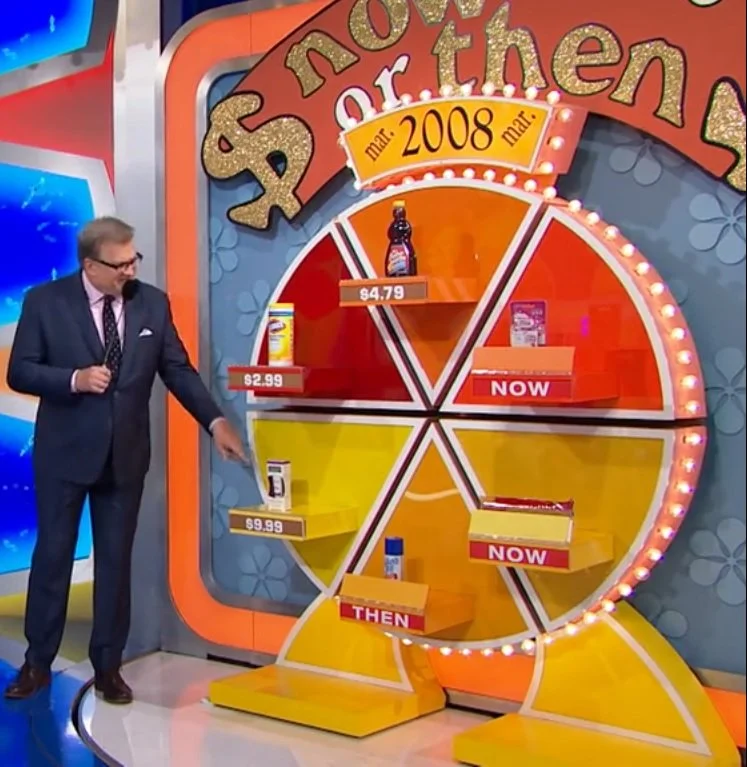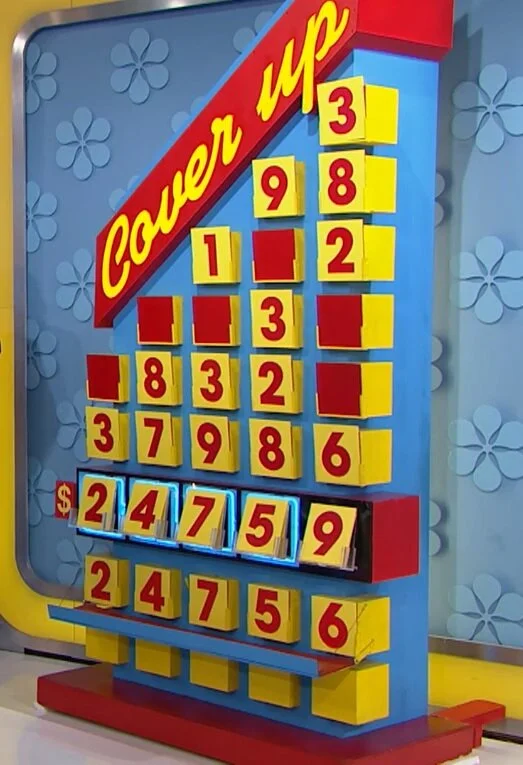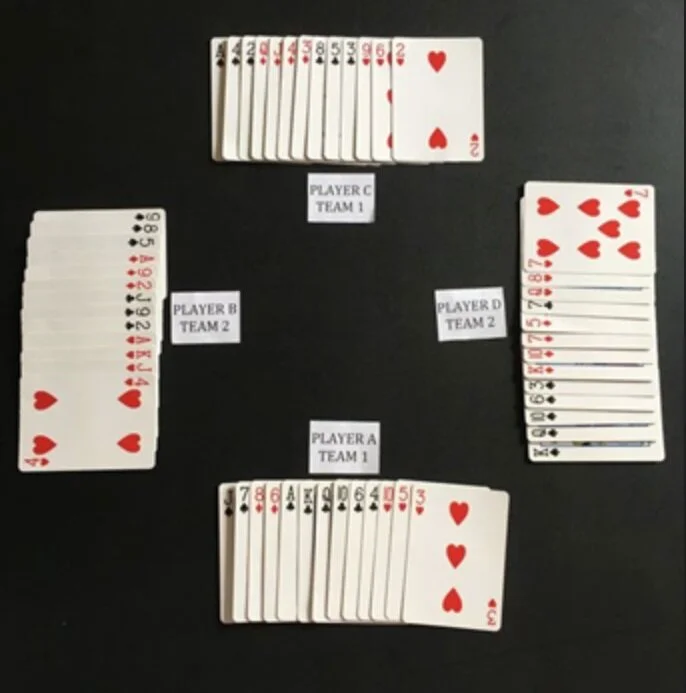
Book Extras - Let ‘Em Roll
Let ‘Em Roll has a complex probability underpinning, like Pathfinder. It is path dependent in as much as the number of cubes the contestant rolls depends on how many “car” cubes he has rolled on his prior turn. We review the overall probabilities of success and conditional probabilities of success, and then show the different pathways for the contestant and the probabilities of each pathway, from which those overall win probabilities are derived.

Book Extras - Pathfinder
Pathfinder has a complex probability underpinning. We review the odds of victory based on straight up odds and better than straight up odds for the 2nd digit, the 5th digit, and both the 2nd and the 5th digit. We then map out all the different scenarios, both winning and losing, probability weight each, and sum up probabilities to derive those odds of victory.

Book Extras - Easy as 1-2-3, Race Game, Now or Then
We fill in mathematical detail alluded to in Solving The Price Is Right, including 1) back-testing an effective strategy for Easy as 1-2-3 across Seasons 47 and 47, 2) the mathematical detail behind our calculation of expected earnings on The Race Game under various option elimination strategies, 3) and the derivation of estimated odds of victory in Now or Then based on how accurate a contestant’s individual “Now” or “Then” guesses are.

The Detriment of Going 2nd
Normally we think of going 2nd in a contest as offering an advantage, for example in a negotiation. The player going 2nd can react to the 1st player. But in many walks of life, going 2nd creates anxiety which through our psyches can lead to suboptimal performance. This is observed in Soccer Penalty Kick shootouts and in the Showcase on The Price Is Right, where the 2nd player or team wins less than 50% of the time. And the detriment of going 2nd can affect other walks of life as well.

Tennis Math
Why does the better tennis player on a given day almost always win the match? Because a small advantage in points won translates into a larger expected advantage in games won, an even larger expected advantage in sets won, and a demonstrative advantage in one’s odds of winning the match. We model out the advantage in points won, discuss the variations if service and return games play out differently, and highlight the performance of a few top players versus our model. Wimbledon might be over, but the math lives on!

The Roommate Problem
Cover Picture - Yale Beta Theta Pi Fraternity House at 36 Lynwood Place in New Haven, CT, now Chabad
Now that we have introduced auctions, we are ready to turn our attention to the Roommate Problem, aka my Yale Senior Essay. A number of roommates want to share a multi-bedroom apartment and each has different preferences for the different rooms. How can these roommates implement a system to divide up the bedrooms that will raise the necessary total rent while efficiently allocating the bedrooms?

Introduction to Auctions
Auctions are an interesting mix of economics, game theory, and math. Whereas classical microeconomics studies supply and demand in perfectly competitive, oligopolistic, and monopolistic markets to analyze how equilibrium prices and volumes are set, auctions look at a specific bid market for one or a few items being sold.

Uncovering Cover Up
Cover Up is one of the core Price Is Right car games. The contestant must guess the price of a car from among two choices for the 1st digit, three choices for the 2nd digit, four choices for the 3rd digit, five choices for the 4th digit, and six choices for the 5th digit. The contestant has multiple tries provided he or she gets at least one incremental number right in the car price on each subsequent try. In seasons 47-48, Cover Up was played 39 times and won 16 times. Cover Up is a perfect example of how out of the box probabilistic thinking would improve one’s chance of success on TPIR.

Spades Tourney Math
At Yale I was in the Beta Theta Pi fraternity, which today is long gone from campus. One of the highlights of my fraternity days was our passion for the card game Spades. Still my favorite card game today, Spades combines luck, skill, strategy, and partnering in a way that is unmatched in the world of card games. How can you judge in individual performance in a game where you have so many different potential partners, and partner with different folks with varying degrees of effectiveness, be it spades, or tennis for that answer? This answer is easier than it seems. Create a round robin of sufficient sample size with randomized partners and opponents across a sample of the possible different pairings.